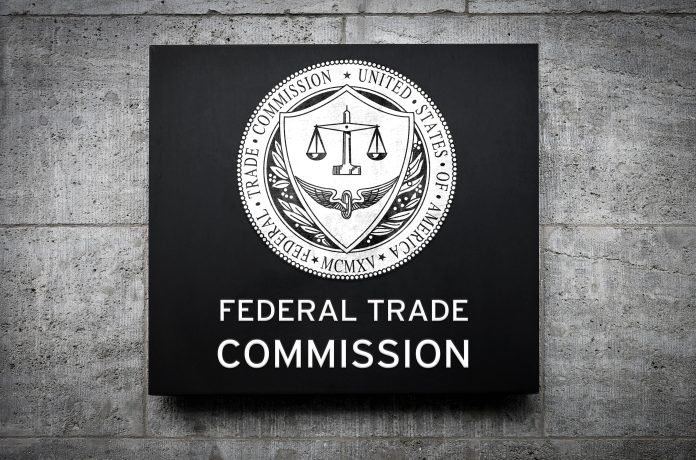
In 2024, impersonation scams drained almost $3 billion from consumers, presenting a pressing challenge for financial security.
Top Takeaways
- Impersonation scams reached $3 billion in losses for consumers in 2024.
- The FTC’s Impersonation Rule aids in combating these scams.
- Investment scams marked the highest financial losses last year.
- Imposter scams were the second highest, with consumers losing $2.95 billion.
- The FTC is taking action to shut down illegal operations.
Impacts of Impersonation Scams
Americans faced nearly $3 billion in financial losses to impersonation scams during 2024. These scams, exploiting digital platforms, involve fraudsters who assume identities of trusted entities to deceive victims. The repercussions extend beyond financial into the psychological realm, as victims grapple with violated privacy and trust.
Efforts are underway to combat this alarming trend. The FTC has introduced the Government and Business Impersonation Rule designed to curtail these scams. In its fight, the FTC initiated five cases and closed 13 fraudulent websites. A notable case involved Superior Servicing, which misled consumers with claims of Department of Education affiliations and loan forgiveness promises.
2. Scams where fraudsters pose as the government are highly common. Last year Americans lost $2.7 billion to impersonator scams.
The rule @FTC just finalized will let us levy penalties on these scammers and get back money for those defrauded.https://t.co/8ON0G63ZjL
— Lina Khan (@linamkhan) February 15, 2024
A Growing Financial Threat
Within the broader scope of financial losses due to fraud, impersonation scams were not alone. Total consumer losses climbed to over $12.5 billion, a 25% rise from 2023. Investment scams topped the charts at $5.7 billion. Imposter scams closely followed as second highest, contributing to $2.95 billion in losses. Email, phone, and text messages served as primary mediums for these scams.
“The data we’re releasing today shows that scammers’ tactics are constantly evolving,” said Christopher Mufarrige, Director of the Bureau of Consumer Protection.
Trauma extends to mimicked transaction methods too. Bank transfers and cryptocurrency paved paths for scammers to extract victims’ funds. The FTC actively monitors such trends, adapting its strategies to protect consumers from evolving threats. Its Consumer Sentinel Network collects extensive fraud data from various sources.
I'm pleased the @FTC's new rule outlawing business and government impersonation scams has taken effect.
In the last year, consumers have lost over $1 billion to these scams!
This new rule will help the Federal Trade Commission better protect Americans from sophisticated scams. https://t.co/a9OBVMF60B
— Sen. Jeanne Shaheen (@SenatorShaheen) April 9, 2024
Combating Scams: The Road Ahead
The FTC celebrates the one-year milestone of the Impersonation Rule that fortified its toolkit against such fraudulent activities. With nearly 850,000 imposter reports logged, the focus sharpens on quick enforcement actions. Lawsuits have been brought against phantom debt collectors and fraudulent education-related schemes, illuminating the multifaceted approach taken against such threats.
Consumers are advised to practice caution, remain skeptical of unexpected requests for money or information, and refrain from clicking questionable links. The FTC, in collaboration with domain registrars, continues efforts to dismantle scam sites impersonating legitimate agencies. More resources are available at the FTC’s website for those affected or curious about potential scams.




